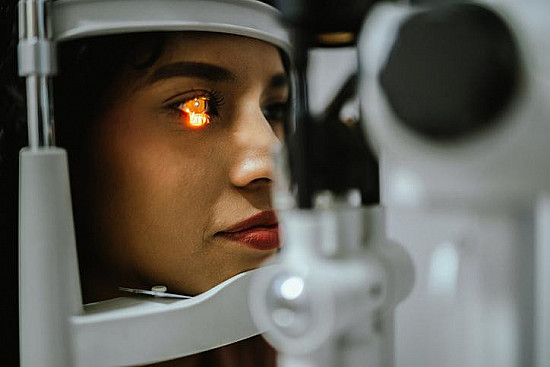Regular solo dining may be linked to a higher risk of heart disease
Research we're watching
Could eating alone be a heart disease risk factor? A Korean study published November 1, 2021 in the journal Menopause, found that older women who often ate more than two meals by themselves each day were more likely to have symptomatic heart disease than those who regularly shared a table with others.
To come to this conclusion, researchers looked at data from a 2016 Korean nutritional survey, studying 590 women ages 65 and older. They divided women into two groups: the frequent solo diners, and those who ate more than two meals a day with others. They found that the women who ate by themselves more often not only had less nutritional knowledge, but also ate less nutritious meals. They were also more likely to be widowed and to have lower income levels.
These factors might explain why they were at elevated risk for heart disease. The researchers suggested that doctors might consider whether women who often eat alone might be good candidates for cardiovascular screening and nutrition education.
Image: Kiwis/Getty Images
About the Author

Kelly Bilodeau, Former Executive Editor, Harvard Women's Health Watch
Disclaimer:
As a service to our readers, Harvard Health Publishing provides access to our library of archived content. Please note the date of last review or update on all articles.
No content on this site, regardless of date, should ever be used as a substitute for direct medical advice from your doctor or other qualified clinician.

















